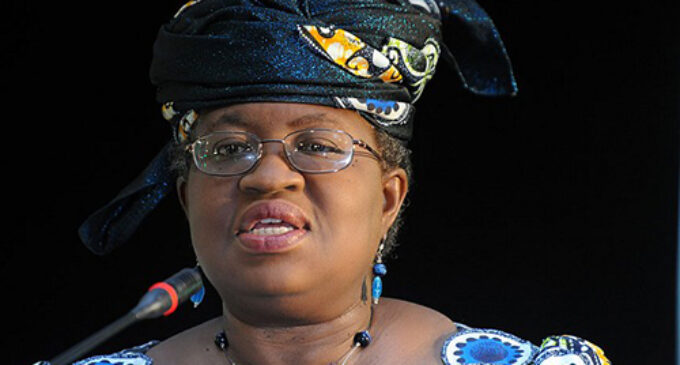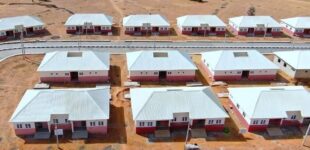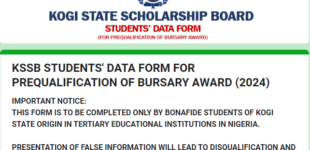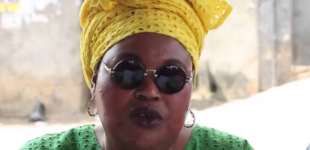Okonjo-Iweala: Africa, Asia lose 11% of GDP to malnutrition

Ngozi Okonjo-Iweala, former minister of finance and board chair of GAVI, says Africa and Asia lose 11 percent of their gross domestic product (GDP) to malnutrition annually.
Okonjo-Iweala, alongside world leaders on the Global Business Coalition for Education, said investment in Early Childhood Development (ECD) makes good business sense.
The new report, published on Thursday, shows that investment in early childhood programmes offer the highest returns on investments and are more successful and cost-effective than later interventions.
“Ensuring every child’s well being today is the best way of securing robust economies tomorrow,” Okonjo-Iweala said.
“Currently, Africa and Asia lose 11% of their GDP every year because of malnutrition, a preventable condition. We know that investing in early years’ interventions across health, wellbeing and learning will allow our children to grow, learn, and earn to their full potential.
“Our economies depend on our children and we must not ignore the importance of giving them a healthy and equitable start in life.”
The report shows that early childhood development (ECD) programs in the poorest countries around the world are seriously underfunded and under-prioritised by international donors, country governments, and private philanthropy.
Strive Masiyiwa, founder and chairman, Econet Wireless and founding member, GBCEducation, who spoke on the report, said childhood education should not be a privilege, but a birthright for everyone.
“World leaders must keep their promise to get every girl and boy in the world into school. In order to meet that promise efforts must begin long before a child enters the classroom.
“As a founding member of the Global Business Coalition for Education, I strongly support the recommendations offered in this report. This is one way you, too, can do your part to help build a more peaceful and prosperous future for all.”
Investing in early years is an opportunity for businesses to fill that funding gap and multiply the positive outcomes of their investments in health and education, whilst boosting economic growth.
Eighty percent of brain development is completed by age three, so the achievement gap between advantaged and disadvantaged children shows up as early as nine months old.















There are no comments at the moment, do you want to add one?
Write a comment